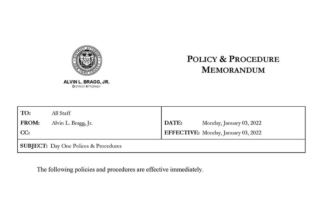Real Housewives of Salt Lake City Sentenced in Federal Court
News reports today indicate that Bravo celebrity Jen Shah was sentenced to 78 months for her role in a wire fraud that resulted in $5 million in losses. For people unfamiliar with the federal sentencing guidelines, the base offense level for a wire fraud is enhanced by a number of levels that corresponds to [...]









